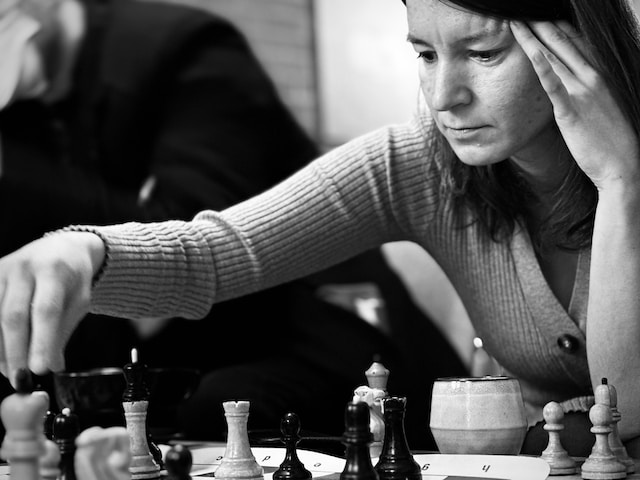What is Andragogy?
Adult learners are different from younger learners. Pedagogy is usually based on children and is not always applicable to adult learners. Adults do not learn in the same way as children, and we need a new Learning Theory to understand the adult learner.
Andragogy is the study and practice of teaching and facilitating learning experiences specifically tailored to the needs and characteristics of adult learners.
The main theorist of Andragogy is Malcolm Knowles (1913 – 1997).
Knowles adult learning by Pilar GonzálezAndragogy and Instructional Design
Knowles (1984) provides an example of applying Andragogy principles to the design of personal computer training:
andragogy principles to the design of online learning by Pilar GonzálezWe should consider Knowles’ principles in order to design engaging and successful learning experiences for adults. These are a few considerations for Instructional Designers:
- Promote autonomy: create self-paced learning modules, allow learners to choose the order of the contents, offer opportunities to set the learning goals and chart the progress.
- Create collaborative opportunities: encourage group discussions, peer feedback and knowledge sharing.
- Align content with real-world relevance: incorporate real-world case studies, simulations, and practical scenarios.
- Provide flexibility and choice: offer both asynchronous and synchronous learning sessions, offer a variety of learning resources, such as video lectures, interactive activities, and written materials.
Strengths and Limitations of Andragogy in Education
After discussing Knowles’ learning principles for adults, we should consider the implications of the Andragogy theory in Education.
First, we need to differentiate three types of learning and what should be the best approach for adults:
Types of Learning Environment by Pilar GonzálezOne of the criticisms for Andragogy is that some of the principles can also be applied to children. For example, young learners also need an immediate application of their learning and their purpose.
However, instead of considering this aspect a limitation, we should review our learning theories about young learners and incorporate some principles for adults that are also beneficial for children.
My learning experience as an adult
I am proud to consider myself a lifelong learner, not just because I work in Education and that requires continuos upgrades, but also in my personal life I tend to learn about new things and being challenged intellectually.

My last formal learning experience was last week when I had to pass the CPR online training required by my school district. The first part was completely online and it lasted about 2 hours for completion.
On the other hand, my last informal learning experience was a few weeks ago when I learned how to use Canva to create a presentation and embed it in WordPress.
I will use my last informal experience to explain why was memorable and what aspects of the Andragogy were present and impacted in its success:
- Need to know: There was a clear need to gain knowledge about Canva because I wanted to use that app in WordPress for my portfolio.
- Problem orientation: There was no need for memorization and all the tasks were practical and oriented to solve my problem.
- Experience: I was able to apply my previous knowledge about Canva and WordPress and use it to combine both applications.
- Self-concept: I decided my learning goal (how to embed a Canva presentation into WordPress) and when and how I would gain more knowledge. I had to use some breaks during my work and then at home, depending on my schedule.
- Readiness: This was a real-world situation that impacted my academic life.
- Intrinsic motivation: The reward was to be able to solve that problem to continue my learning journey in Instructional Design.
Informal education was totally appropriate for my needs this time. However, sometimes I miss a more structured content to avoid the idea of “right answer”. If there is only one “right answer” I always appreciate more formal content from experts instead of navigating by myself to compare several “right answers” from the Internet.

Finally, as an Instructional Designer, I would like to explore the Self-Concept principle. If we want adults to engage in the learning experience, we have to consider giving them control and “power” over the content.
Actually, this is one principle that we are currently applying with young learners! We design lessons with several activities so the students can choose depending on their interests. Our students are even creating their own academic goals and choosing the activities that are aligned with those!
The challenge for Instructional Designers is to give the same control and opportunities to self-direct their learning to adults in an online setting.